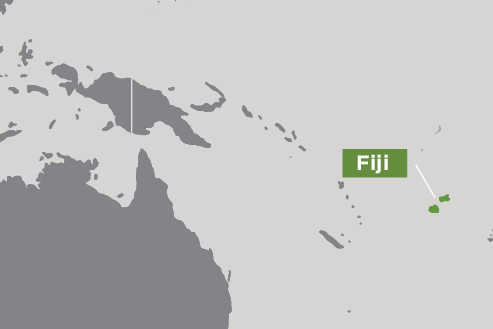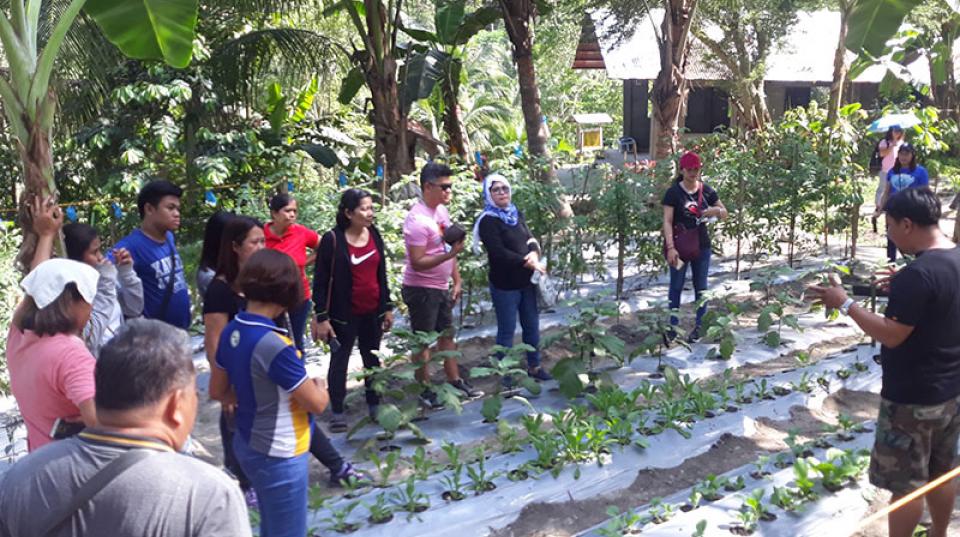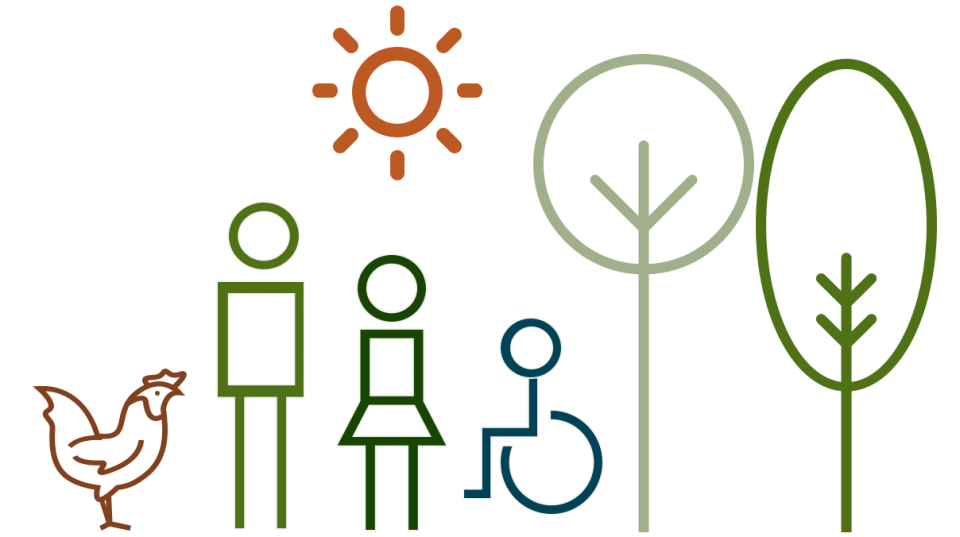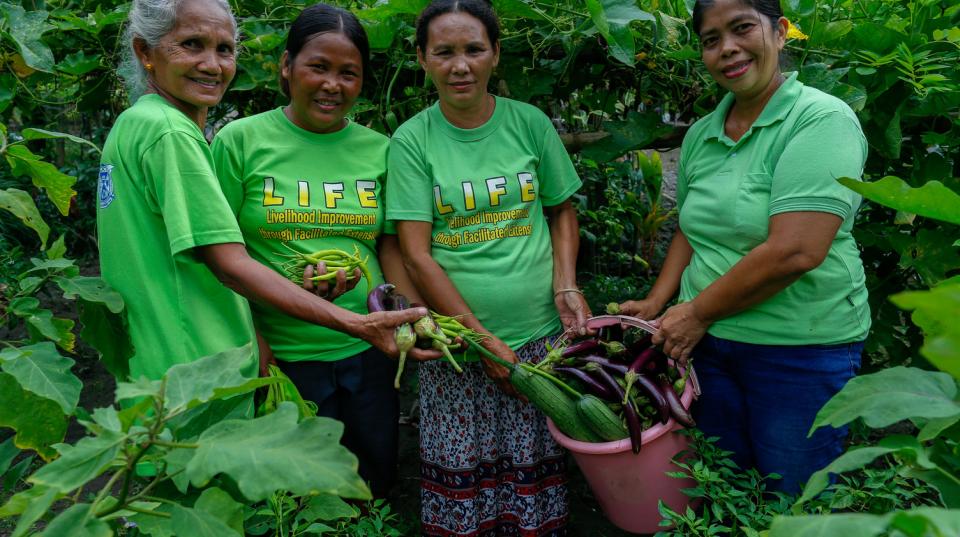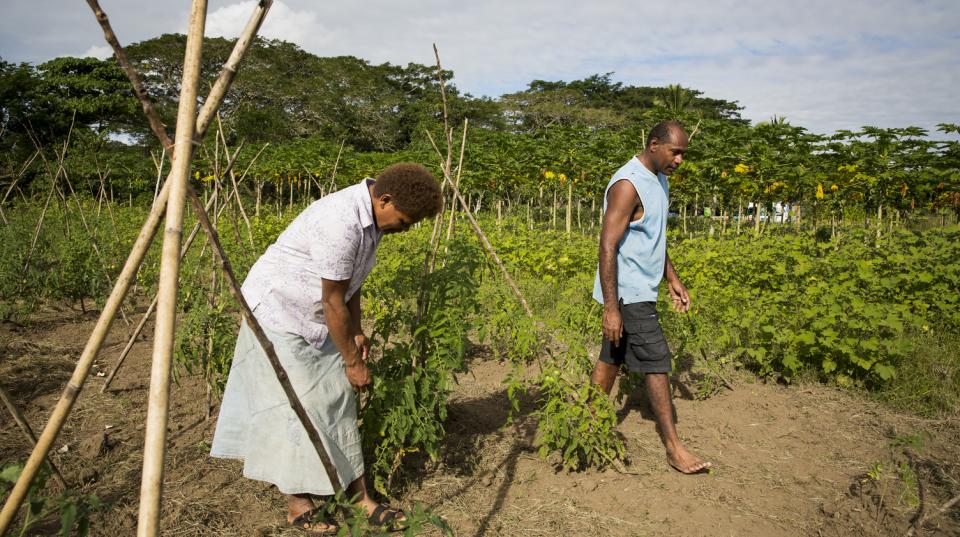Overview
This project aims to test whether a Landcare approach, using the Livelihood Improvement through Facilitator Extension (LIFE) model, can be adapted from one country context to another to facilitate improved climate change resilience, management of natural resources, agricultural productivity and gender equality.
Previous research in Mindanao, Philippines highlighted how certain types of community-based extension principles can rapidly enhance agricultural livelihoods by improving both farmer-based learning networks and community social capital. From this research an extension model known as Livelihood Improvement through Facilitated Extension (LIFE) was specifically developed.
The LIFE model was developed within a framework of agricultural extension using community-based development approaches i.e. ABCD that focused on social capital and participatory concepts for all members of a community.
With its genesis in Philippines Landcare, LIFE addresses livelihood improvement from a position of sustainable natural resource management. LIFE is in its second year of evaluation by the Philippine Council for Agriculture, Aquatic and Natural Resources Research and Development (PCAARRD) and is providing evidence of extension scalability at local, regional and national level within the Philippines.
The research gap is knowing whether a Landcare approach, using the LIFE model of improved extension, can be adapted from one country to another. The hypothesis is that a Landcare LIFE combination is adaptable between nations.
The test case for this hypothesis is Philippines to Fiji adaptation and adoption of Landcare and LIFE. Testing and refining of Landcare and LIFE models has occurred in Mindanao and proven to be successful. This project will provide the necessary evidence base for further adoption and adaptation of Landcare and LIFE by communities and development agents globally.
Expected project outcomes
- Empowering extension systems resulting in improved agricultural livelihoods, natural resource management practices, and resilience of rural communities to cope with climate change.
- Formed collaborative tripartite relationships between Fiji, Philippines and Australia where mutual research interests can be shared, enhanced, and findings developed to a wider international audience.
